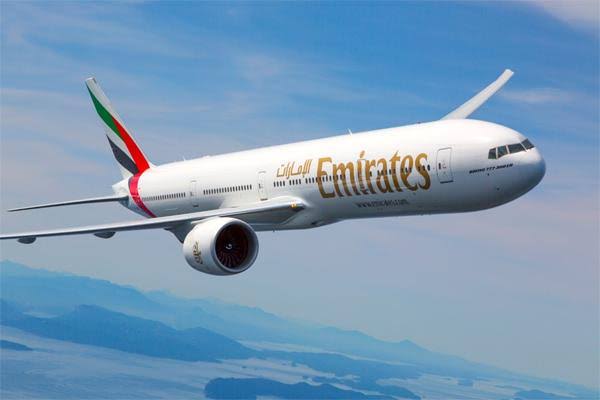In a significant move to bolster Nigeria’s tourism sector, the Federal Government, represented by the Ministry of Art, Culture, Tourism, and Creative Economy, has entered into a strategic partnership with Emirates Airline. This collaboration, formalized through a Memorandum of Understanding (MoU) signed during the prestigious 2025 Arabian Travel Market in Dubai, aims to showcase Nigeria’s rich cultural heritage and diverse natural attractions to a global audience, leveraging Emirates’ extensive network spanning over 140 destinations. This partnership signifies a concerted effort to position Nigeria as a premier travel destination within Africa, attracting international visitors and stimulating economic growth within the country.
The MoU outlines a comprehensive framework for collaboration, encompassing various initiatives designed to enhance Nigeria’s visibility in the international tourism market. Emirates has committed to actively promoting Nigeria’s tourism offerings, highlighting its unique blend of cultural experiences and natural wonders, ranging from captivating coastal landscapes to vibrant wetlands teeming with biodiversity. This promotional campaign will leverage Emirates’ global reach and marketing expertise to effectively target potential travelers worldwide, showcasing the allure of Nigeria’s diverse attractions.
The signing ceremony, attended by high-ranking officials from both parties, underscored the importance of this partnership. Representing Emirates, Adil Al Ghaith, Senior Vice President for Commercial Operations, signed the MoU, while Abiola Abdulkareem, Special Assistant to the Nigerian Minister on Sub-National Development and Tourism, signed on behalf of the ministry. The presence of Hannatu Musawa, the Minister of Art, Culture, Tourism, and Creative Economy, further emphasized the Nigerian government’s commitment to this collaborative endeavor.
Adnan Kazim, Emirates’ Deputy President and Chief Commercial Officer, expressed the airline’s enthusiasm for the partnership, highlighting its significance in deepening Emirates’ commitment to Nigeria. He emphasized that since resuming operations in Lagos in October 2024, Emirates has prioritized strategic collaborations in aviation, tourism, and trade. This latest partnership with the Nigerian government further solidifies this commitment and aims to invite international travelers to discover Nigeria’s dynamic culture, breathtaking natural beauty, and renowned hospitality.
Minister Musawa hailed the agreement as a pivotal step towards achieving Nigeria’s Destination 2030 Soft Power Initiative, a national strategy aimed at leveraging Nigeria’s cultural assets to enhance its global influence. She emphasized the importance of this collaboration in promoting Nigeria’s cultural heritage on a global stage, thereby driving economic growth, empowering local communities, and elevating Nigeria’s profile as a cultural and creative powerhouse. The partnership aligns with the government’s broader vision of showcasing Nigeria’s rich cultural tapestry to the world and fostering sustainable development through tourism.
The partnership extends beyond mere promotional activities, encompassing collaborative efforts with the Nigerian Tourism Development Authority to support targeted marketing campaigns, specialized training programs, and familiarization trips for travel stakeholders. These initiatives are designed to strengthen Nigeria’s tourism infrastructure and enhance the overall visitor experience. Furthermore, the collaboration complements recent developments in Nigeria’s aviation sector, including an interline agreement between Emirates and Air Peace, a Nigerian airline. This agreement expands connectivity options for travelers, allowing seamless connections from Dubai to 13 additional cities within Nigeria, further facilitating travel and tourism within the country. This integrated approach, combining promotional efforts with infrastructural development and enhanced connectivity, underscores the comprehensive nature of the partnership and its potential to significantly impact Nigeria’s tourism landscape.


